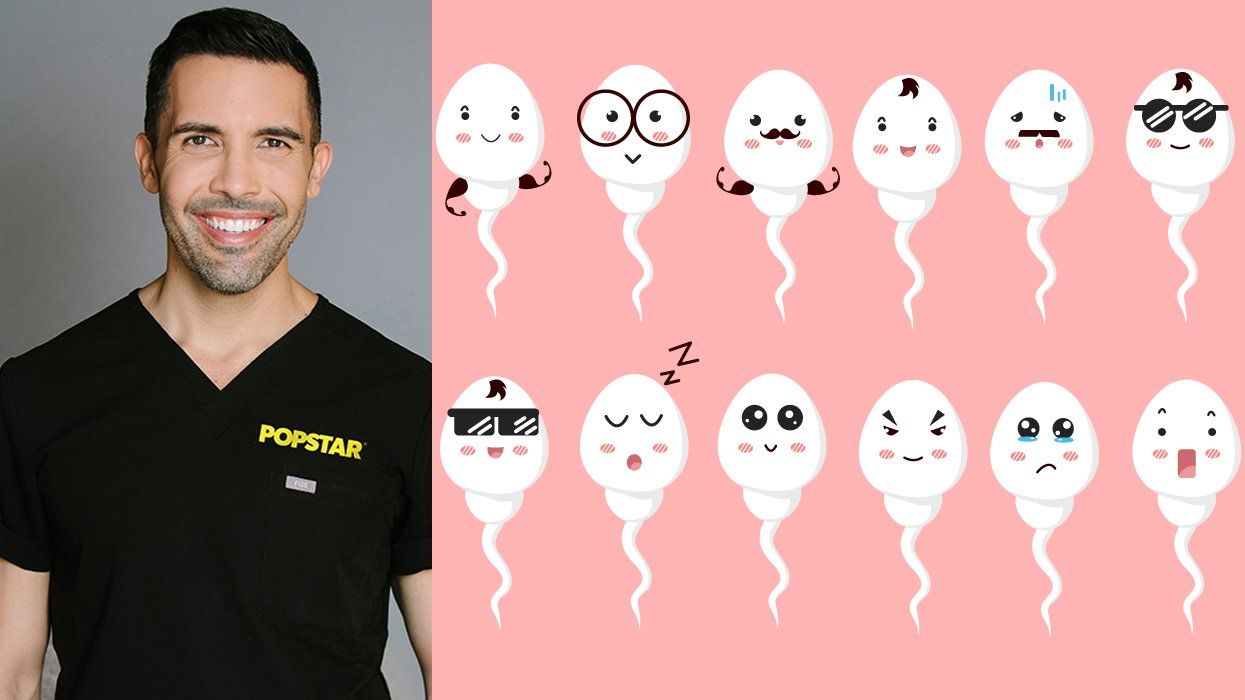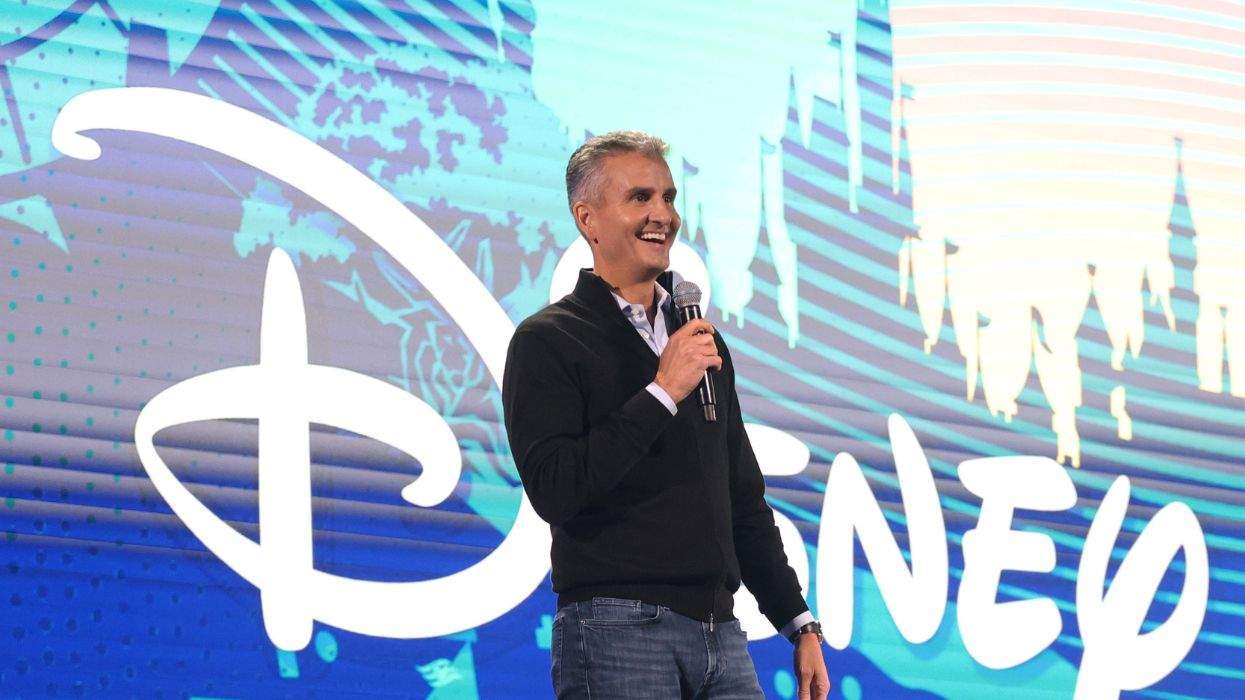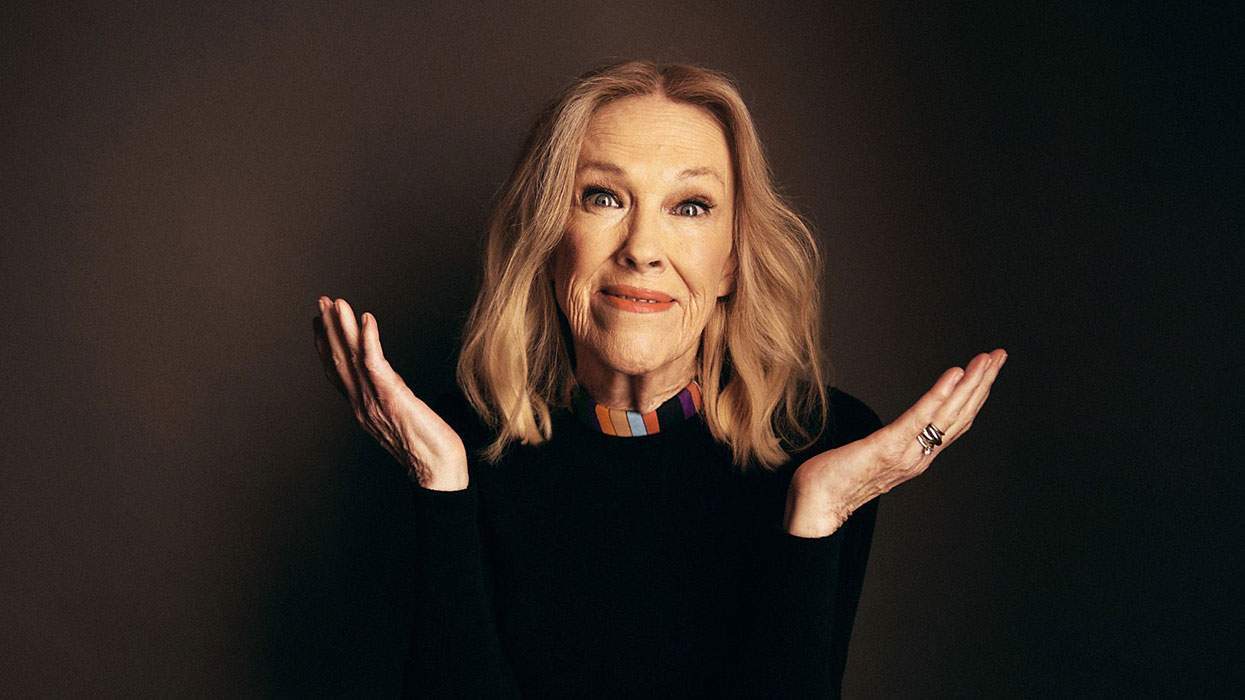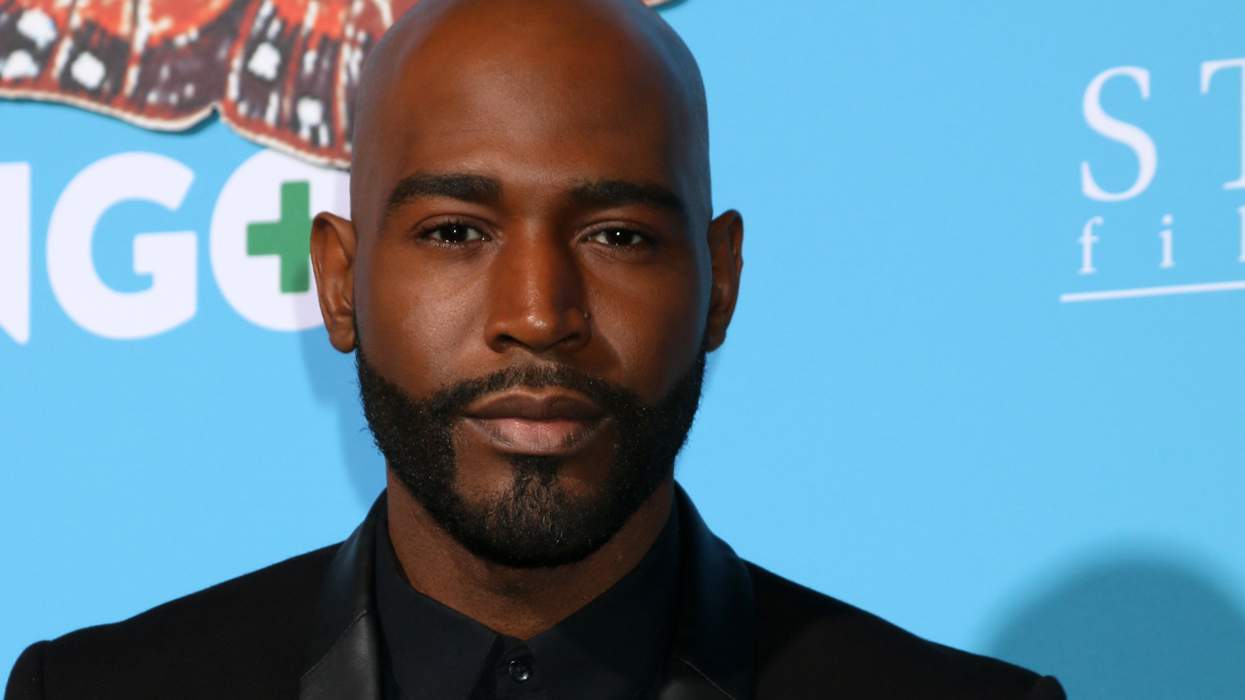As a urologist focused on sexual and reproductive health, I've witnessed firsthand the challenges individuals and couples face in their quest for parenthood. The statistics show at least one in every six couples globally is impacted by infertility. But many would-be parents are unaware of just how prevalent infertility is until they are personally affected by it.
Even more alarming is the widespread misconception among many individuals that infertility is a female problem. The science would say otherwise. Over 50 percent of infertility cases stem from male factors, with the estimated overall pure male factor infertility rate ranging between 2.5 percent and 12 percent. One recent review of global trends found that sperm counts fell on average by 1.2 percent per year between 1973 to 2018. That’s a more than 50 percent decline over the past 40 years! From the year 2000, that rate of decline accelerated further to more than 2.6 percent per year. And the problem only seems to be getting worse.
Nowadays, it's not uncommon to read articles about catastrophic changes happening to our planet that pose a risk to our existence, whether climate change or growing sociopolitical unrest. Our metaphorical Doomsday Clock has never been closer to midnight. But what if our impending doom as a species isn’t related to a warming globe or potential nuclear fallout? On the contrary, our rapidly diminishing ability to reproduce — mainly due to a steep decline in sperm health — may be what finally does humans in for good. If trends continue at their current pace, we may be unable to reproduce as soon as 2060. So, it’s long past time we started talking about sperm.
The global decline in sperm health doesn't exist in a vacuum. It is a symptom of a more significant problem in male sexual and reproductive health, not just declining sperm counts. From decreasing testosterone levels to increasing rates of erectile dysfunction and testicular cancer, these factors may seem overwhelming. But there's hope.
Many underestimate the profound impact of their lifestyle choices on sperm health and future reproductive prospects. Certain environmental pollutants may be unavoidable, but diet, exercise, smoking, and alcohol consumption significantly influence one's reproduction ability. Dietary adjustments, emphasizing plant-based foods, lean proteins, and essential vitamins and minerals that bolster sperm health, play a pivotal role. Lifestyle modifications like regular exercise, good quality sleep, stress management, and tobacco abstinence can further enhance one's fertility potential. Even minor adjustments can make a big difference.
These are recommendations I offer my patients daily, part of my comprehensive education on male fertility. However, the desire to raise awareness about fertility struggles goes beyond my role as a sexual and reproductive health specialist. It has become intensely personal in recent years as my partner and I embarked on our journey to start a family. Perhaps more than most, I was forced to confront my fertility potential head-on.
From the beginning, my fertility journey has always been clinical: blood tests, genetic screenings, and numerous "specimen" collections. Nothing is more humbling than being asked to provide a sperm sample on command. But I'm grateful to have gone through the experience and be one step closer to fatherhood. It's allowed me to understand the fear many face in my situation and to empathize with those who may be struggling to get pregnant. Trust me, I get it.
Advocating for comprehensive sexual and reproductive healthcare for LGBTQ+ individuals and families has always been a large part of what I do as a urologist. For me, it’s personal.
For LGBTQ+ couples, particularly those utilizing sperm donation, ensuring they understand the importance of semen testing is crucial to help them achieve their family goals. A semen analysis allows for assessing sperm count, motility, and morphology, providing valuable information for fertility specialists to optimize treatment plans. This step is especially significant in same-sex male couples where one partner may be providing the sperm specimen for fertilization. By prioritizing semen testing, healthcare providers can empower LGBTQ+ individuals and couples on their journey toward parenthood, offering them the necessary support and guidance to navigate the complexities of assisted reproduction with confidence and dignity.
With so much going on around us, it might seem pointless to focus on parenthood. But as with many aspects of your health, optimizing your parental potential is essential. This is especially true for LGBTQ+ folks.
If starting a family is at all on your bucket list, it's never too early to start thinking about sperm. A more heightened focus on male fertility may be precisely what's needed to save us all.
Dr. Joshua Gonzalez, M.D. is a board-certified urologist who is fellowship-trained in sexual medicine and specializes in the management of male and female sexual dysfunctions. He completed his medical education at Columbia University and his urological residency at the Mount Sinai Medical Center. He is co-founder of Popstar Labs, a sexual wellness brand focused on promoting the importance of sexual and reproductive health for all. Throughout his career, Dr. Gonzalez has focused on providing improved healthcare to the LGBTQ+ community, a group often left behind in conversations about sexual and reproductive health. For more on Dr. Gonzalez, follow him on social at @joshuagonzalezmd!
Voices is dedicated to featuring a wide range of inspiring personal stories and impactful opinions from the LGBTQ+ and Allied community. Visit out.com/submit to learn more about submission guidelines. We welcome your thoughts and feedback on any of our stories. Email us at voices@equalpride.com. Views expressed in Voices stories are those of the guest writers, columnists and editors, and do not directly represent the views of Out or our parent company, equalpride.






























